Dr. Jasmine Zapata on the toll of COVID-19 on mental health
Wisconsin Department of Health Services state epidemiologist Dr. Jasmine Zapata describes ongoing impacts of the COVID-19 pandemic causing uncertainty, stress and trauma in families and communities.
By Aditi Debnath | Here & Now
March 19, 2024
VIDEO TRANSCRIPT
Aditi Debnath:
The COVID-19 pandemic, whether we were infected or not, took a great toll on the mental health of millions of Americans. There was fear, there was grief, anger. How does that mental harm continue to affect people today?
Dr. Jasmine Zapata:
I'll never forget the first time that even as a health care provider, I had to face that same exact fear. I got COVID when it was still very early in the pandemic, even before the vaccines came out, back in November of 2020. It was a very scary time. There were reports on the news of people dying. There was so much fear that I had. And myself, even my husband, one of my children, had it as well. And to think about, what if we don't survive? What if I don't make it? What if I'm not still here in two weeks? Was terrifying. And I even still am healing and recovering from that traumatic time. Also, I'll never forget the first time that I had to go into a patient room that was positive for COVID. And I remember being in all of my protective gear, and just standing outside of that door for about a minute or two before I went in, knowing that I was going to expose myself going in there. And it was very, very scary. That is just a small example of the mental health toll that it took even on healthcare providers, myself, but then others across the country who were on the front lines. So you can only imagine how hard of a mental health toll this took on families and communities. And so we're definitely still seeing the ripple effects of that today. Now, not only the mental health impacts of having COVID-19, or having a loved one with it, but also the different ripple effects that it had in our community from a social and emotional standpoint, from a economic standpoint. There were people who lost jobs, people who were displaced from their homes. A lot of the social impacts that it had, we're definitely still seeing that right now. In fact, some people say that this, we're in another pandemic, which is a mental health pandemic now. We are definitely having a youth mental health crisis. We're seeing increased rates of self-harm. We're seeing increased rates of suicidal thoughts and other mental health concerns across all ages in our state. And it's incredibly important to continue raising awareness about this very issue.
 Passport
Passport




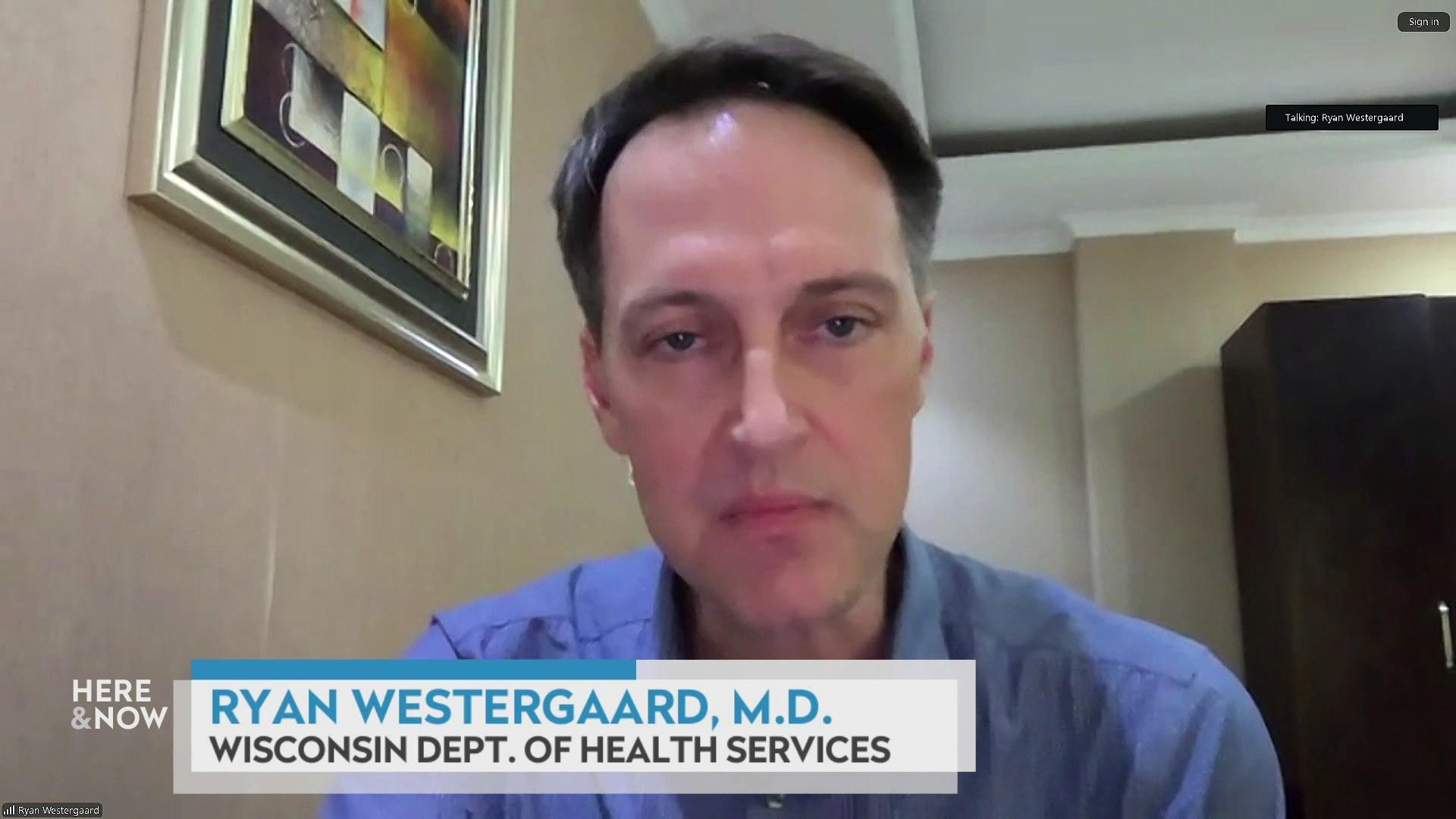
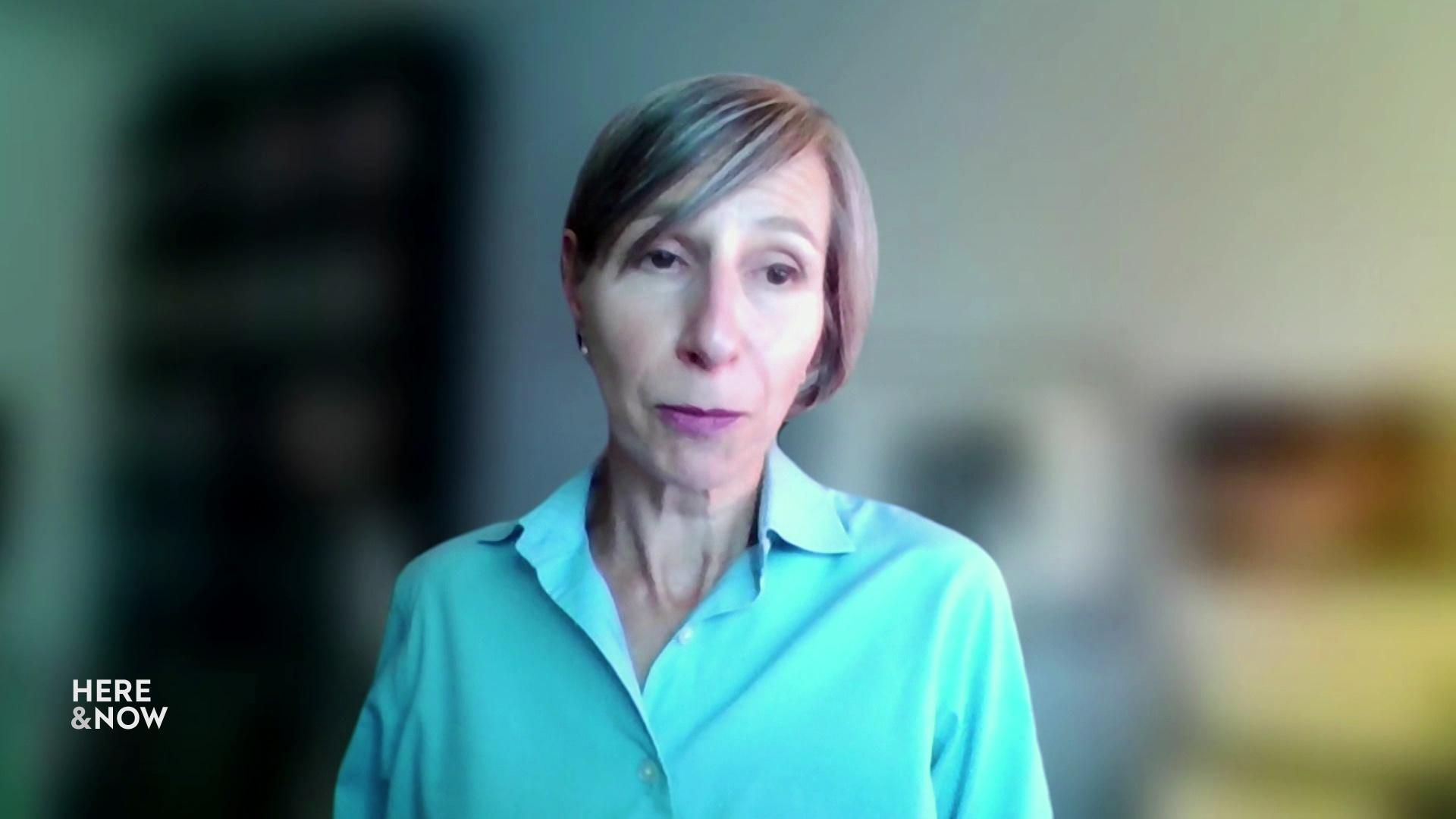
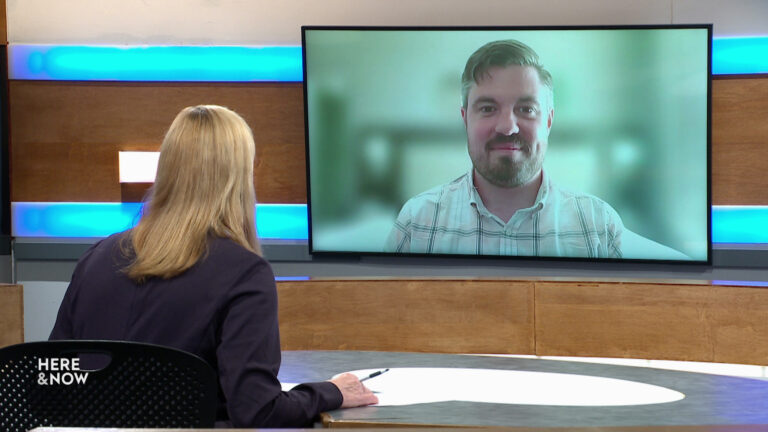
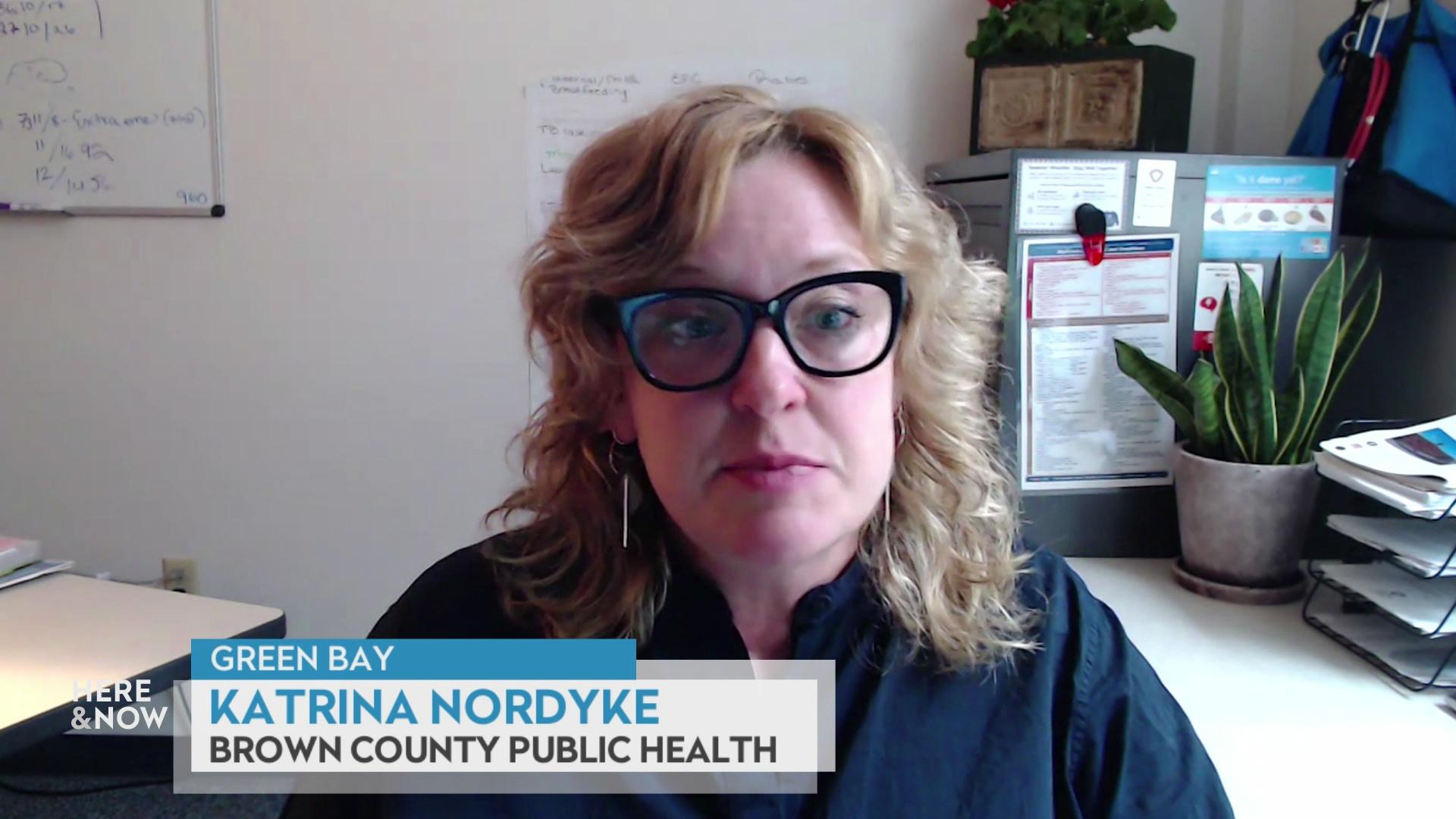
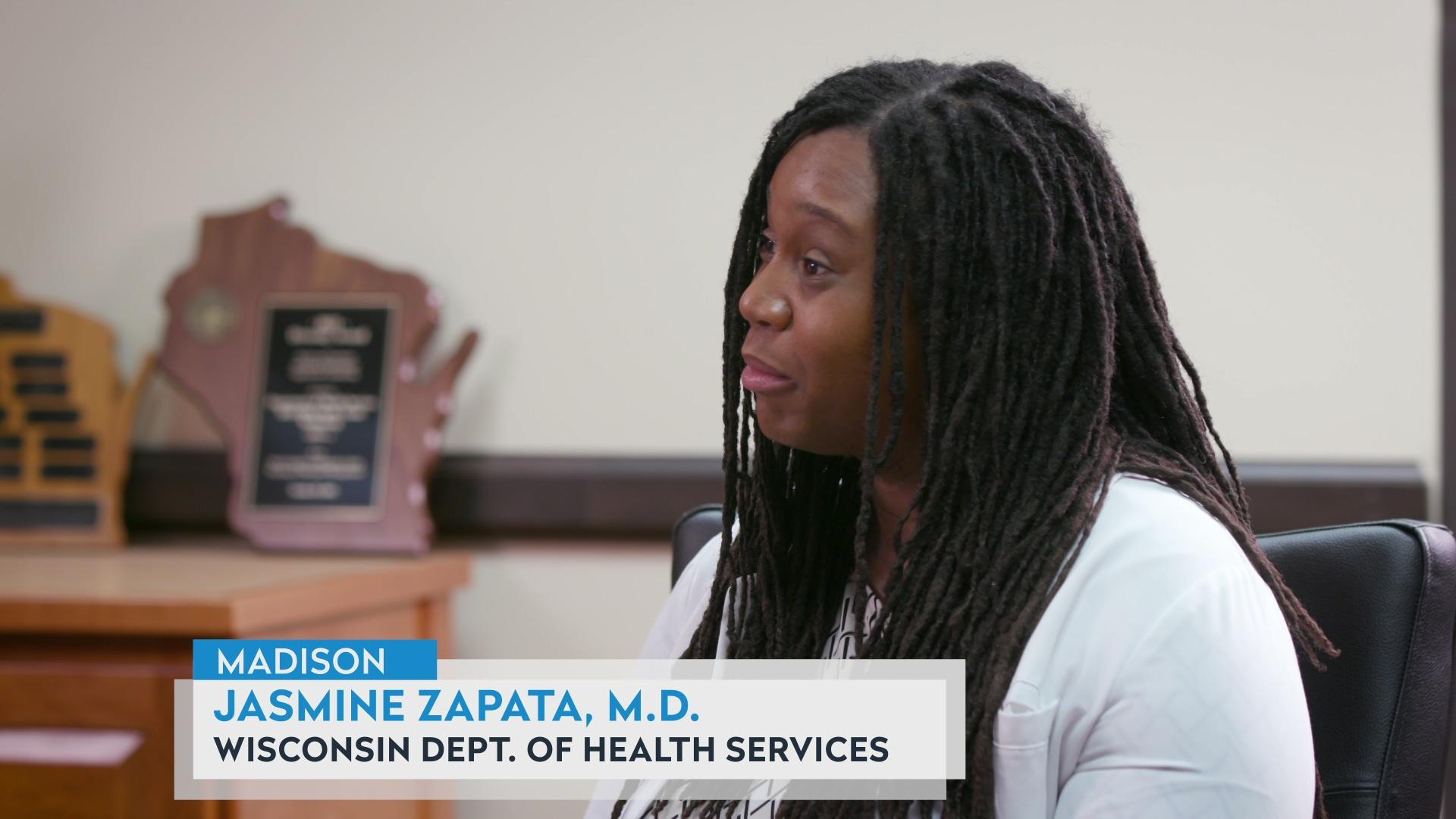
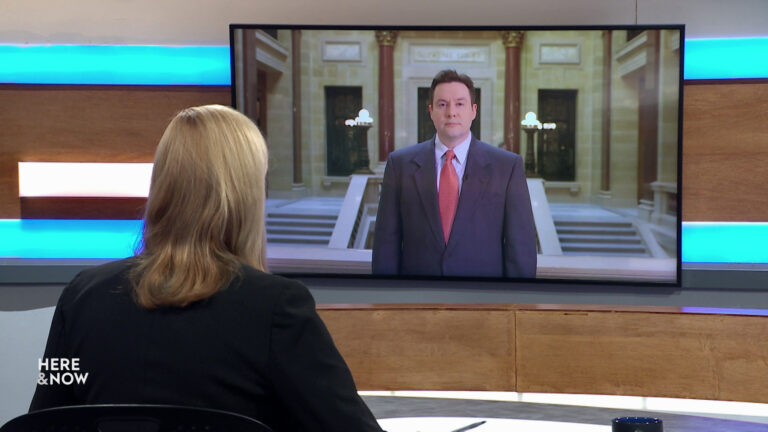

Follow Us